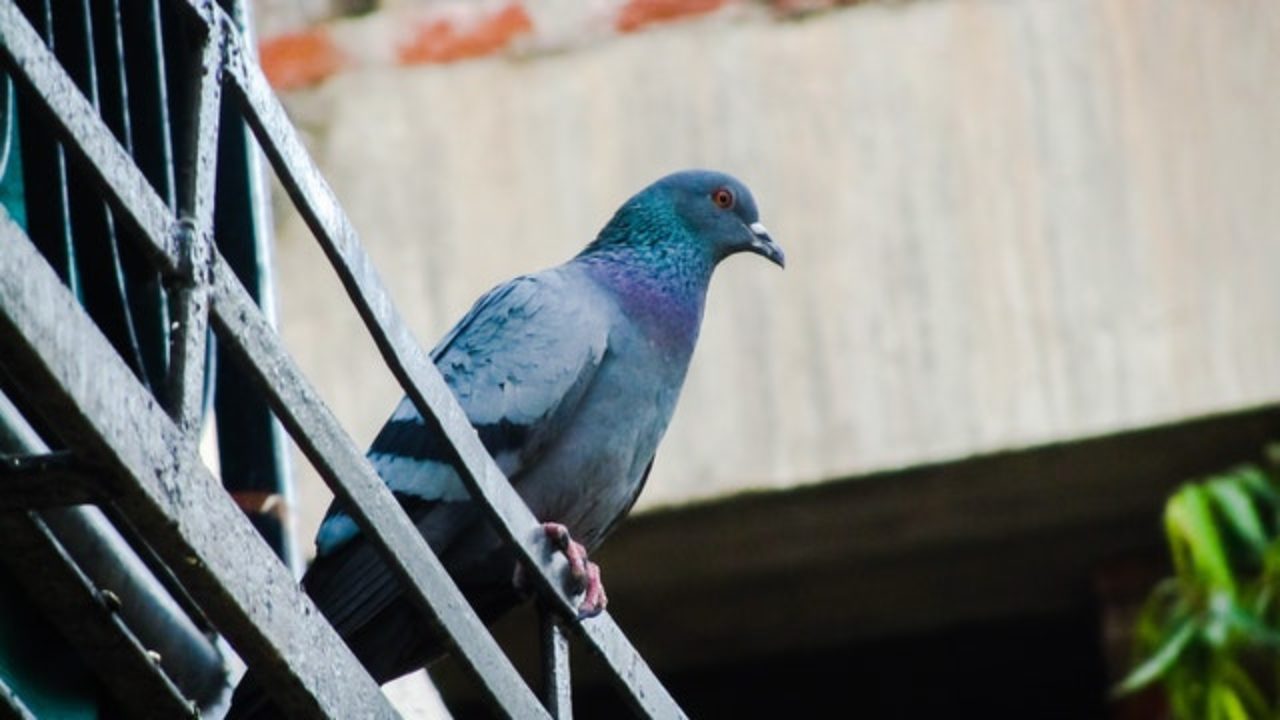

Articles
How To Get Rid Of Pigeons On Your Balcony
Modified: February 24, 2024
Discover effective articles on how to remove pigeons from your balcony. Say goodbye to the annoyance and mess caused by these pesky birds with our helpful tips.
(Many of the links in this article redirect to a specific reviewed product. Your purchase of these products through affiliate links helps to generate commission for Storables.com, at no extra cost. Learn more)
Introduction
Pigeons are a common nuisance for those living in urban areas, especially if you have a balcony. While birds are a beautiful part of nature, having a flock of pigeons take over your balcony can cause a number of issues. From health hazards to property damage, it’s important to find ways to get rid of pigeons and prevent them from coming back.
In this article, we will explore the various methods and techniques for effectively removing pigeons from your balcony. Whether you prefer DIY solutions or seeking professional help, we’ve got you covered.
Understanding the behavior and habits of pigeons is the first step towards finding a solution. Pigeons are attracted to spaces that provide shelter, food, and water. They are adaptable creatures and can survive in various environments, including urban settings. Pigeons also tend to return to familiar locations, so it’s crucial to take action as soon as you notice their presence on your balcony.
By assessing the risks, identifying attractants, applying deterrents, installing physical barriers, and considering homemade remedies, we can effectively discourage pigeons from roosting or nesting on our balconies. If all else fails, seeking professional help can provide long-lasting solutions and peace of mind.
Let’s dive into each of these steps and discover how to reclaim your balcony from these pesky birds.
Key Takeaways:
- Understanding the behavior and habits of pigeons is crucial to effectively deterring them from your balcony. Identifying attractants and applying appropriate deterrents can help reclaim your space from pesky pigeons.
- If DIY solutions and homemade remedies fall short, seeking professional help from pest control experts can provide tailored, long-term solutions for keeping pigeons at bay. It’s a worthwhile investment in reclaiming your peaceful balcony.
Read more: How To Get Rid Of Pigeons In The Attic
Understanding the Problem
Before we can effectively address the issue of pigeons on your balcony, it’s important to understand the problem at hand. Pigeons, also known as urban pests, can become a significant nuisance due to their droppings, noise, and potential health hazards. By understanding their behavior and habits, we can develop a strategy to deter them from your balcony.
Pigeons are social creatures and are known to roost and nest in large groups. They are attracted to areas that provide shelter, food, and water sources. Balconies, with their elevated spaces and potential for food scraps, make for an ideal location for pigeons to congregate.
One of the biggest problems with pigeons is their droppings. Pigeon droppings are not only unsightly but can also cause damage to your balcony and its surroundings. The acidic nature of the droppings can corrode metal fixtures, stain surfaces, and even be a slipping hazard when wet.
In addition to property damage, pigeon droppings also pose health risks. They can carry diseases and parasites that can be harmful to humans and pets. Histoplasmosis, cryptococcosis, and salmonellosis are just a few examples of diseases that can be transmitted through contact with pigeon droppings.
Furthermore, the constant presence of pigeons and their noise can disrupt your peace and tranquility. Their cooing and flapping of wings can become a constant annoyance, especially if you enjoy spending time on your balcony.
Now that we have a better understanding of the problems that pigeons can cause, let’s move on to assessing the risks and determining the best course of action to get rid of them on your balcony.
Assessing the Risks
Assessing the risks associated with having pigeons on your balcony is an important step in finding an effective solution. By understanding the potential dangers, you can prioritize your actions and take appropriate measures to mitigate them.
One of the primary risks is the health hazard posed by pigeon droppings. As mentioned earlier, pigeon droppings can carry diseases and parasites that can be harmful to humans and pets. It is crucial to avoid direct contact with the droppings and take precautions to prevent the spread of pathogens.
Another risk is the potential property damage caused by pigeons. Not only can their droppings corrode metal fixtures, but the nesting materials they bring can also cause blockages in gutters and drains. Pigeons may also peck and scratch at surfaces, causing further damage to balcony furniture, plants, and other belongings.
In addition to health and property risks, the constant presence of pigeons can also disrupt your peace and enjoyment of your balcony. Their noise, especially in the early morning and evening when they are most active, can be a source of annoyance and disturbance.
Finally, it’s important to consider the impact of pigeons on the aesthetic appeal of your balcony. Pigeon droppings can leave unsightly stains on surfaces, making your balcony look dirty and unkempt. This can be particularly concerning if you use your balcony frequently to entertain guests or enjoy a peaceful outdoor space.
By assessing these risks, you can prioritize the measures you take to deter pigeons from your balcony. It’s important to consider both the potential health hazards and the potential damage to your property and quality of life.
Now that we have evaluated the risks, let’s move on to identifying the attractants that are drawing pigeons to your balcony.
Identifying the Attractants
Understanding what attracts pigeons to your balcony is crucial in implementing effective deterrent strategies. Pigeons are drawn to specific attractants that provide them with shelter, food, and water. By identifying and eliminating these attractants, you can make your balcony less appealing to pigeons.
One of the main attractants for pigeons is the availability of food sources. Pigeons are opportunistic feeders and will flock to areas where they can easily find food. Food scraps, crumbs, and unsecured trash bins are prime sources of food for pigeons. Ensure that your balcony is clean and free of any food debris that might attract these birds.
Another attractant for pigeons is the presence of water. Pigeons need access to water for drinking and bathing. Ensure that there are no standing water sources on your balcony, such as leaks or water containers. If you have plants on your balcony, avoid overwatering them to prevent attracting pigeons seeking a drink.
Shelter is also a major attractant for pigeons. Pigeons look for areas where they can roost and nest safely. Balconies with ample nooks, crevices, and ledges provide ideal shelter for pigeons. Inspect your balcony for any small openings or gaps where pigeons might be able to access and block them off.
Additionally, pigeons are attracted to balconies with comfortable perching spots. They prefer areas with flat surfaces or ledges where they can rest and observe their surroundings. Furniture or plants on your balcony that provide such perching spots can be seen as an invitation for pigeons to make themselves at home.
By identifying and eliminating these attractants, you can significantly reduce the likelihood of pigeons choosing your balcony as their roosting or nesting spot. Now that we have addressed the attractants, let’s move on to applying deterrents to keep pigeons away from your balcony.
Applying Deterrents
When it comes to deterring pigeons from your balcony, there are various methods and techniques you can employ to disrupt their comfortable roosting and nesting spots. These deterrents aim to make your balcony less attractive and discourage pigeons from returning.
One of the most effective deterrents is the use of visual devices. Pigeons are wary of unfamiliar and potentially threatening objects. Hanging reflective objects, such as CDs, aluminum foil, or reflective tape, can create visual disturbances that deter pigeons. You can also try placing scarecrow-like figures or predatory bird decoys on your balcony to create the illusion of a predator in the area.
Another effective deterrent is sound-based devices. Pigeons are sensitive to certain noises and will avoid areas with loud or sudden sounds. You can use wind chimes, motion-activated noise-making devices, or ultrasonic repellers to deter pigeons from settling on your balcony.
Physical deterrents can also be employed to make it difficult for pigeons to land or roost on your balcony. These include installing bird spikes, which are narrow, pointed strips that prevent birds from perching or roosting, or bird netting, which creates a barrier to keep pigeons out. Mesh screens or wires can also be used to block off potential entry points and prevent pigeons from accessing your balcony.
Additionally, there are various repellents available in the market that can be effective in deterring pigeons. These repellents are designed to create unpleasant smells or tastes that pigeons find repulsive. Ensure to follow the instructions and use them in accordance with safety guidelines.
It’s important to note that while these deterrents can be effective, pigeons are intelligent and adaptable creatures. They may initially be deterred by these methods, but they may eventually find ways to overcome the obstacles. Therefore, it’s a good practice to regularly rotate the deterrents or combine different methods to keep them guessing.
Once you have implemented these deterrents, monitor your balcony to see if pigeons are still attempting to roost or nest. If necessary, make adjustments or try different methods until you find the most effective solution.
In the next section, we will explore the option of installing physical barriers to prevent pigeons from accessing your balcony altogether.
To get rid of pigeons on your balcony, try using visual deterrents like reflective objects or predator decoys, as well as physical barriers like netting or spikes to prevent them from landing. Regularly cleaning up food sources can also discourage them from returning.
Read more: How To Keep Pigeons Away From Balcony
Installing Physical Barriers
If deterrents alone are not enough to keep pigeons away from your balcony, installing physical barriers can be an effective solution. These barriers create a physical obstacle that prevents pigeons from accessing your balcony and finding shelter.
One of the most commonly used physical barriers is bird netting. Bird netting is a mesh material that can be installed to cover your balcony area. It creates a barrier that prohibits pigeons from entering while still allowing for ventilation and natural light. Make sure the netting is properly secured and tightly stretched to prevent pigeons from finding gaps to squeeze through.
Another option is the installation of bird spikes. Bird spikes consist of long, thin rods with pointed ends that are placed strategically on flat surfaces where pigeons are likely to land or roost. The spikes make it uncomfortable and virtually impossible for pigeons to perch or nest on your balcony. Bird spikes come in various sizes and can be easily installed.
If you have ledges or small openings where pigeons can access your balcony, consider installing mesh screens or wire mesh to block off these areas. These barriers make it physically impossible for pigeons to enter and create a secure barrier between your balcony and the outside.
It’s important to remember to regularly inspect and maintain these physical barriers to ensure they remain in good condition and continue to effectively keep pigeons at bay. Check for any signs of damage or degradation and promptly repair or replace them as needed.
By installing physical barriers, you can create a pigeon-free zone on your balcony, giving you peace of mind and preventing any further property damage or health risks.
In the next section, we will explore some homemade remedies that can be used as additional measures to deter pigeons from your balcony.
Homemade Remedies
If you prefer to take a DIY approach to deter pigeons from your balcony, there are several homemade remedies that you can try. While these remedies may not be as foolproof as professional methods, they can still be effective in deterring pigeons and making your balcony less inviting to them.
One homemade remedy involves using strong scents that pigeons dislike. Pigeons have a strong sense of smell, and certain odors can repel them. Sprinkling spices such as cayenne pepper, black pepper, or cinnamon on your balcony can create an unpleasant scent for pigeons. You can also try hanging nylon stockings filled with mothballs or wrapping small cheesecloth bags filled with strong-smelling herbs, such as mint or lavender, around your balcony.
Vinegar is another household item that can be used as a pigeon deterrent. Mix equal parts of white vinegar and water in a spray bottle and spray it on surfaces where pigeons tend to roost or nest. The strong smell of vinegar can discourage pigeons from returning to these areas.
Reflective objects, such as old CDs or aluminum foil, can also be effective in deterring pigeons. Hang them in different areas of your balcony where pigeons tend to gather. The reflective surfaces will create visual disturbances that pigeons find unsettling.
Another homemade remedy involves creating a mixture of soap and water. Fill a spray bottle with water and add a few drops of dish soap. Shake well to mix the solution and spray it on surfaces where pigeons tend to roost or nest. The slippery nature of the soapy water can make it uncomfortable for pigeons to land and stay on your balcony.
It’s important to keep in mind that homemade remedies may need to be reapplied regularly as the scents and effects may fade over time. Additionally, homemade remedies may not be as durable and long-lasting as professional methods. If you find that pigeons are still persistent despite using homemade remedies, it may be worth considering professional help.
In the next section, we will discuss the option of seeking professional help to effectively address the pigeon problem on your balcony.
Seeking Professional Help
If your efforts to deter pigeons from your balcony have been unsuccessful or if you prefer a more comprehensive and long-term solution, it may be time to consider seeking professional help. Pigeon control professionals have the knowledge, expertise, and tools to effectively address the pigeon problem on your balcony.
Professional pest control companies specializing in bird removal and control can assess your balcony and develop a tailored plan to address the issue. They are experienced in identifying entry points, eliminating attractants, and implementing effective deterrent strategies.
Professional pest control services may include the installation of bird netting or bird spikes, as well as the use of professional-grade repellents. These professionals are trained on the proper application of products to ensure safety and effectiveness.
In addition to installation and treatment, professional pest control companies can also provide ongoing monitoring and maintenance to ensure that pigeons do not return to your balcony. They can inspect and repair any damages to physical barriers and provide further recommendations to prevent future infestations.
Hiring professional help not only saves you time and effort but also ensures that the pigeon problem is addressed thoroughly and effectively. Professionals have access to specialized equipment and techniques that may not be available to the average homeowner.
When choosing a professional pest control company, it’s important to do your research and select a reputable and licensed provider. Check for reviews and recommendations from previous customers, and inquire about their experience with handling pigeon infestations.
Remember, seeking professional help is a long-term investment in ensuring that your balcony remains free from pigeons. Their expertise and knowledge can provide you with a lasting solution and the peace of mind you deserve.
Now that we have explored the option of seeking professional help, let’s conclude our article.
Conclusion
Dealing with pigeons on your balcony can be a frustrating and challenging task. However, by understanding the problem, assessing the risks, identifying attractants, applying deterrents, installing physical barriers, considering homemade remedies, and seeking professional help, you can successfully get rid of pigeons and prevent them from returning.
Pigeons can cause a range of issues, from property damage to health hazards. Their droppings, noise, and roosting habits can be disruptive and unsightly. Therefore, taking action to deter pigeons from your balcony is essential to maintaining a clean, safe, and enjoyable living space.
Start by understanding the behavior and habits of pigeons. Identify the attractants that are drawing them to your balcony, such as food, water, and shelter. Then, apply appropriate deterrents, such as visual devices, sound-based devices, or physical barriers, to make your balcony less appealing to pigeons.
If homemade remedies or DIY solutions are not effective, consider seeking professional help. Pest control professionals can provide tailored solutions, including the installation of bird netting or spikes, as well as ongoing monitoring and maintenance.
Remember to regularly inspect and maintain your balcony, implementing necessary measures to prevent pigeons from returning. By being proactive and consistent, you can enjoy your balcony without the hassle and nuisance of pigeon infestations.
Ultimately, it’s important to find a solution that works best for your specific situation. Whether you choose to tackle the problem yourself or seek professional assistance, the goal is to create a pigeon-free zone and reclaim your balcony as a peaceful and bird-free retreat.
We hope this article has provided you with valuable insights and guidance on how to get rid of pigeons on your balcony. Now, it’s time to put these strategies into action and enjoy a pigeon-free living space!
Frequently Asked Questions about How To Get Rid Of Pigeons On Your Balcony
Was this page helpful?
At Storables.com, we guarantee accurate and reliable information. Our content, validated by Expert Board Contributors, is crafted following stringent Editorial Policies. We're committed to providing you with well-researched, expert-backed insights for all your informational needs.
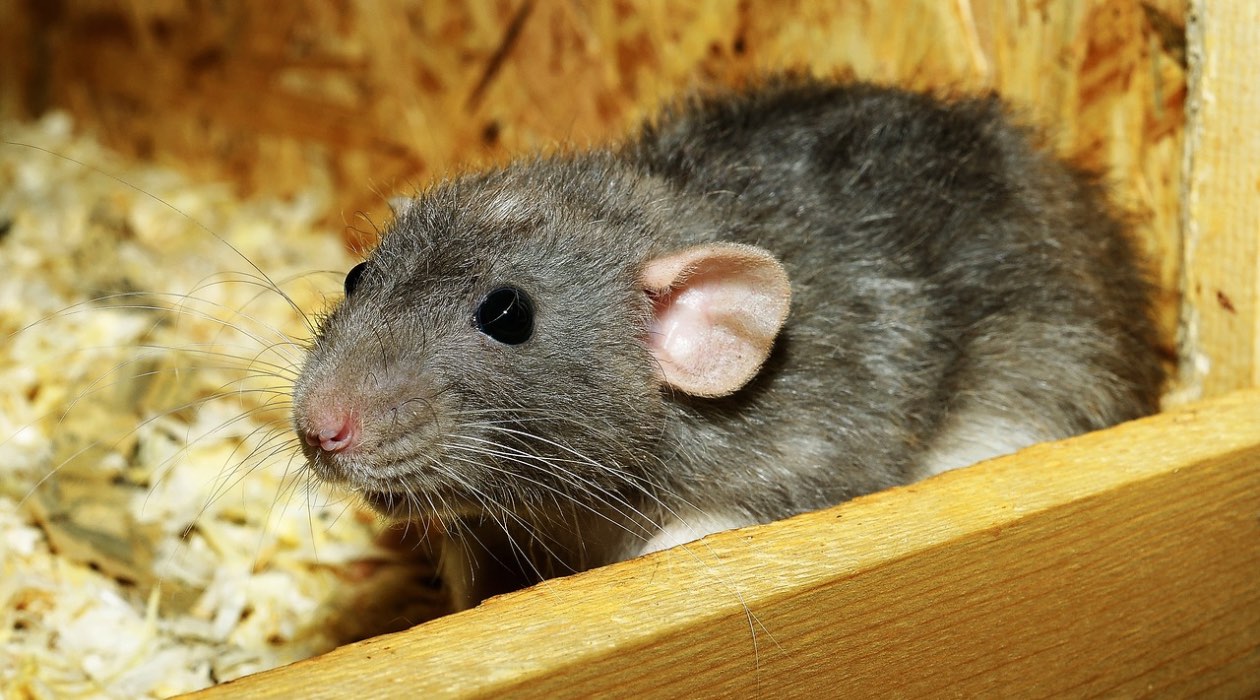
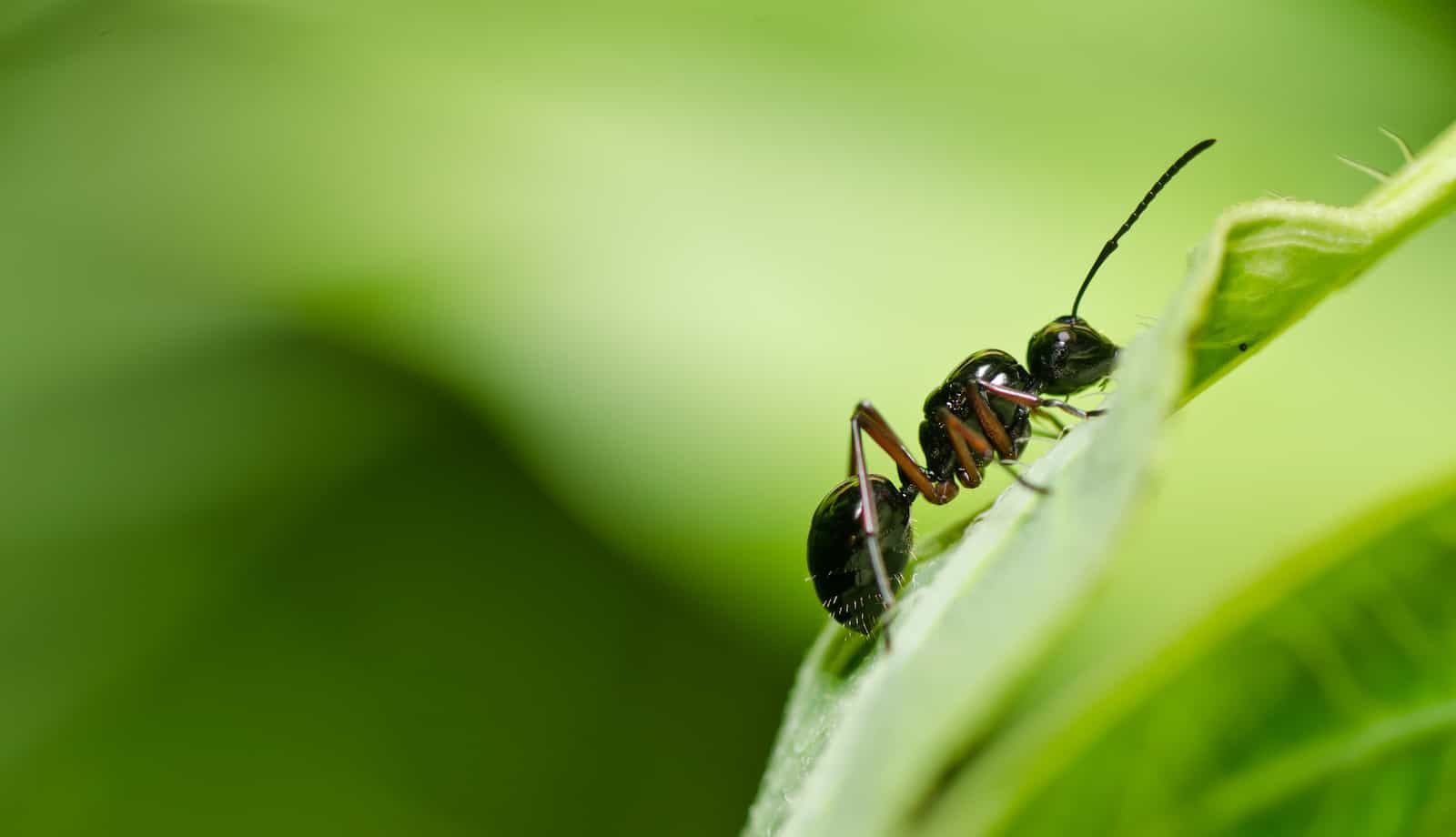
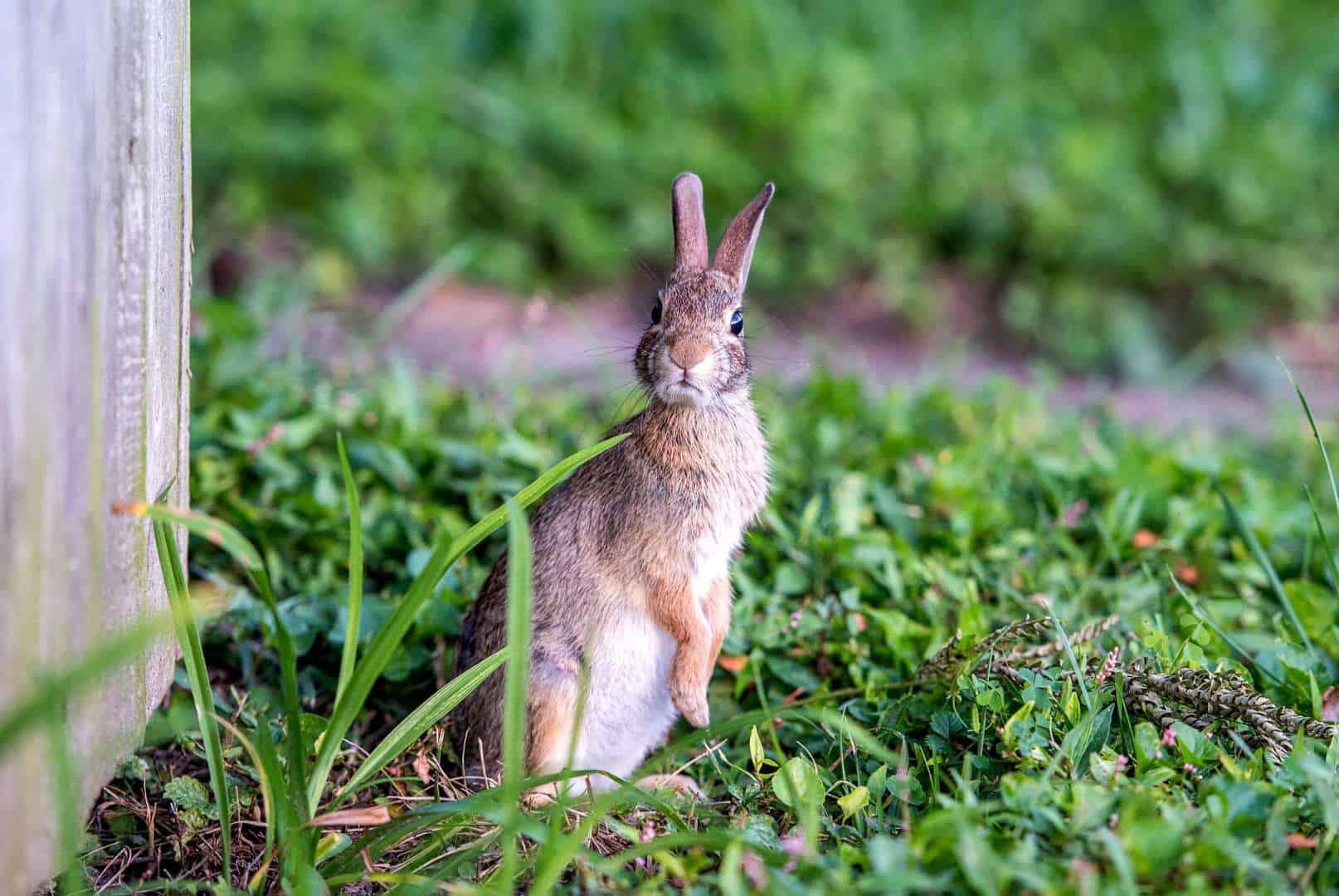
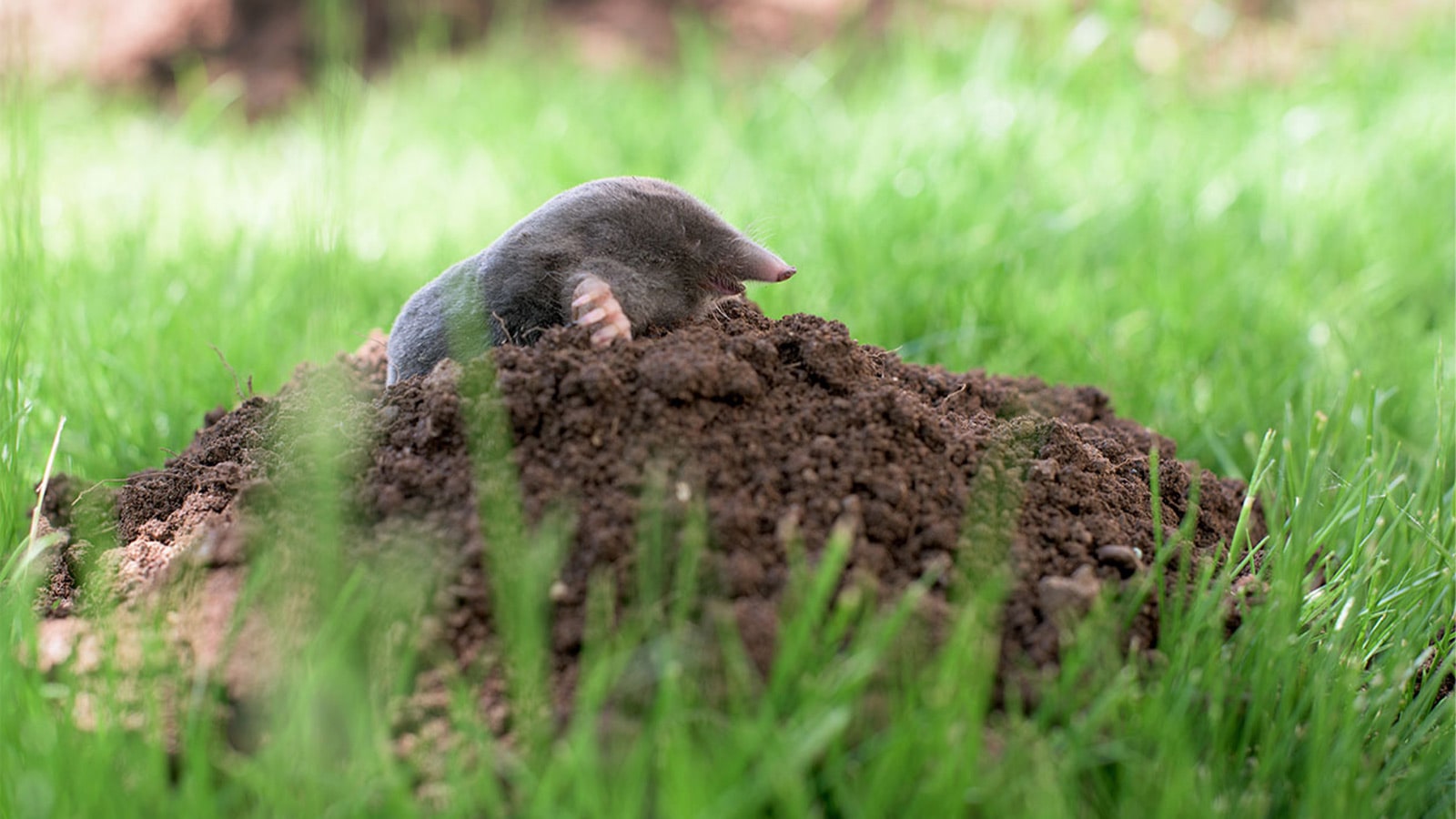
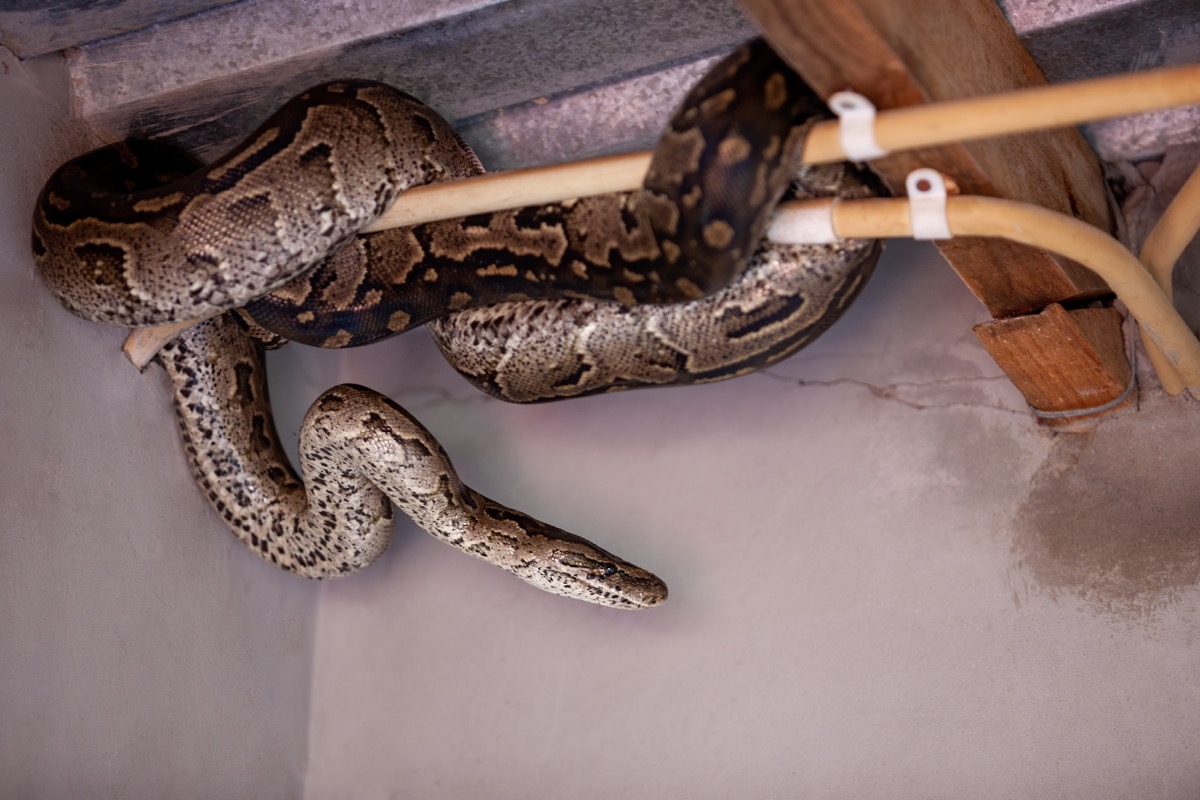
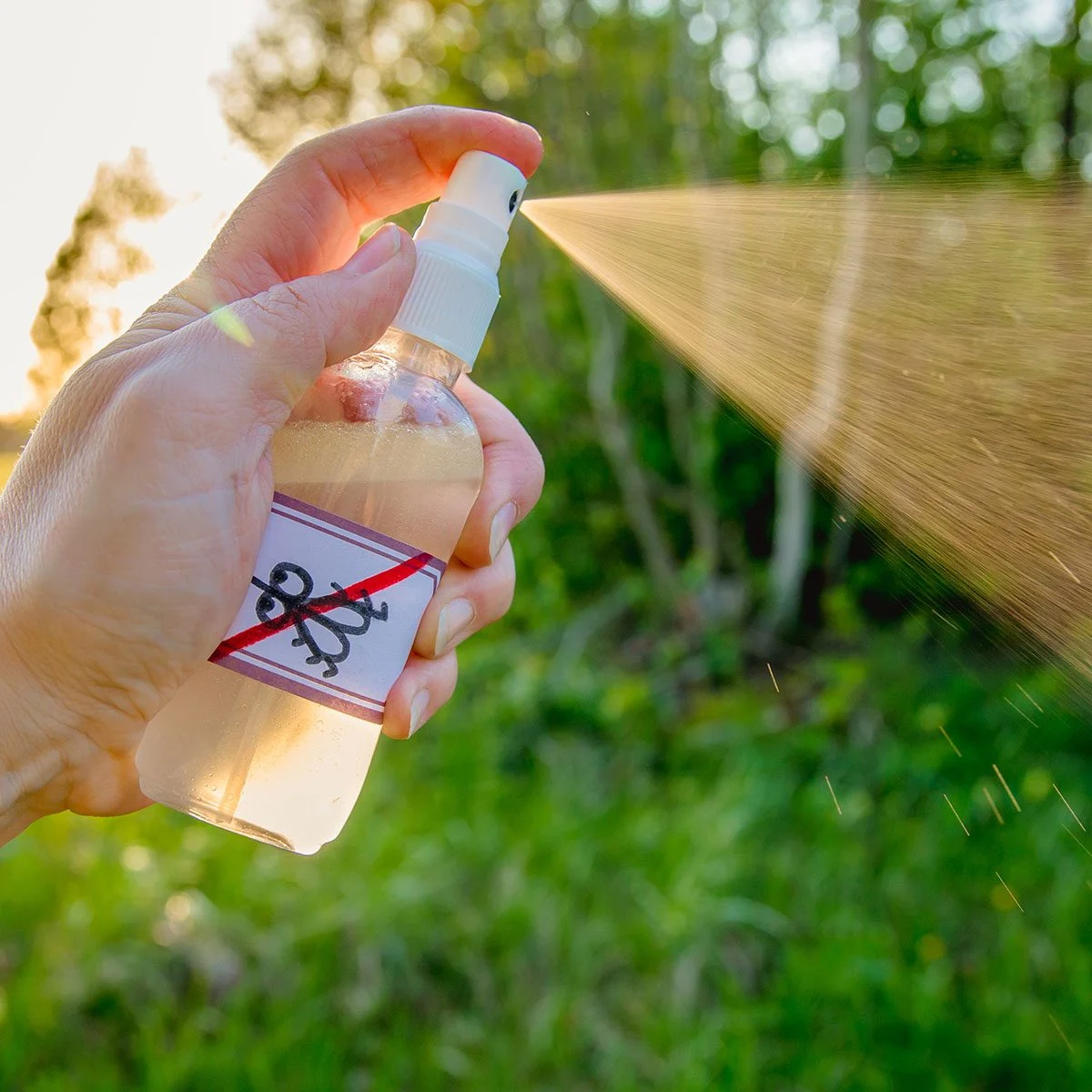
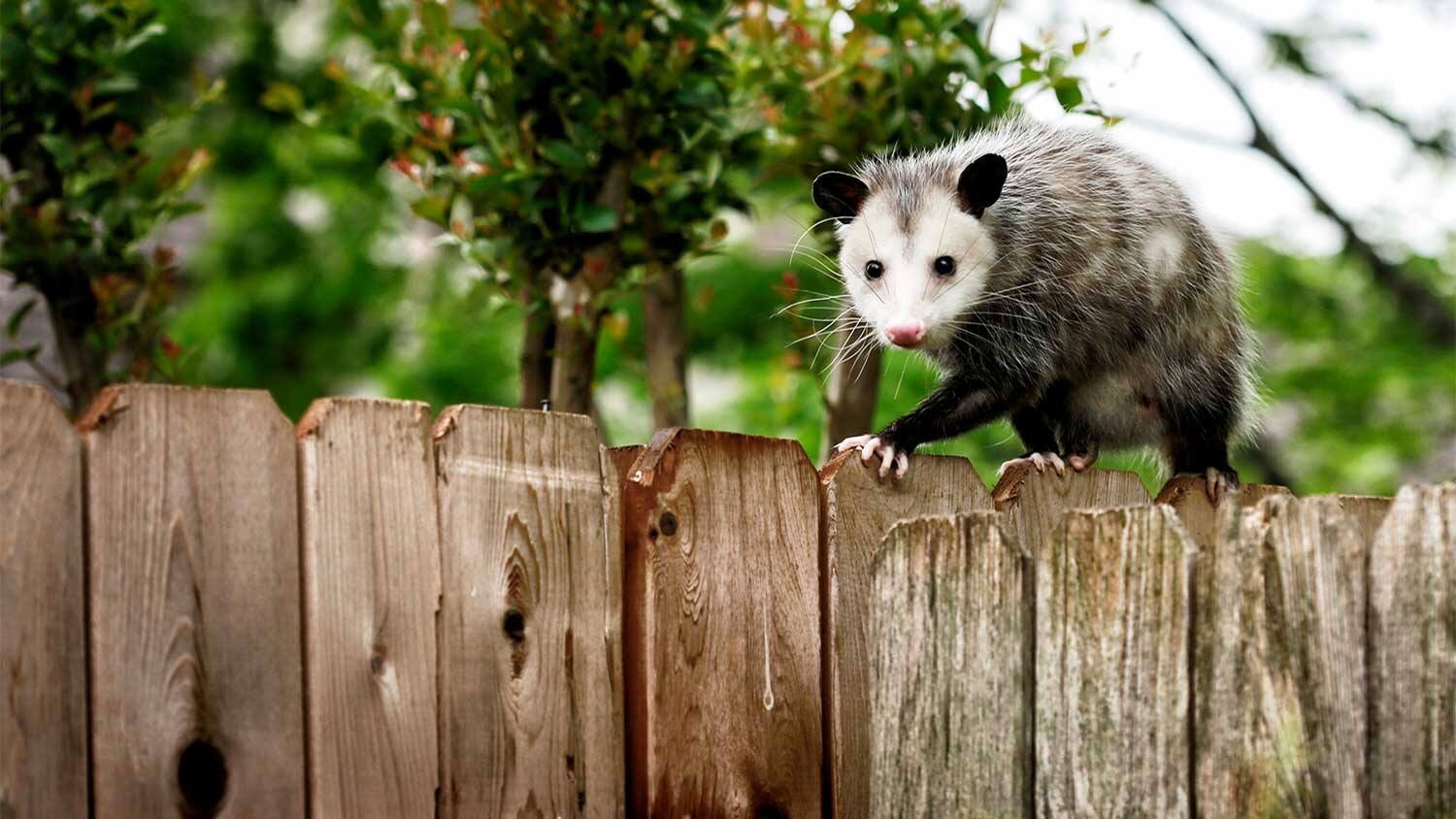
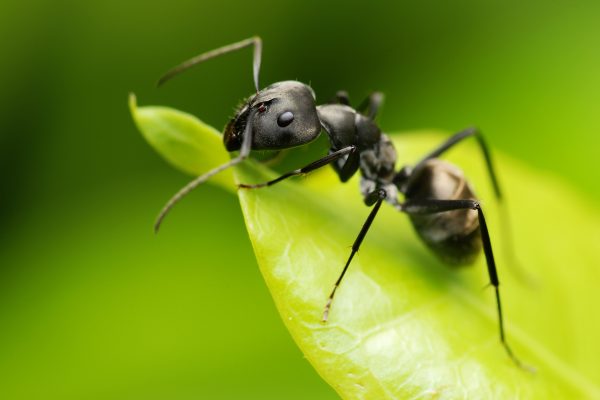
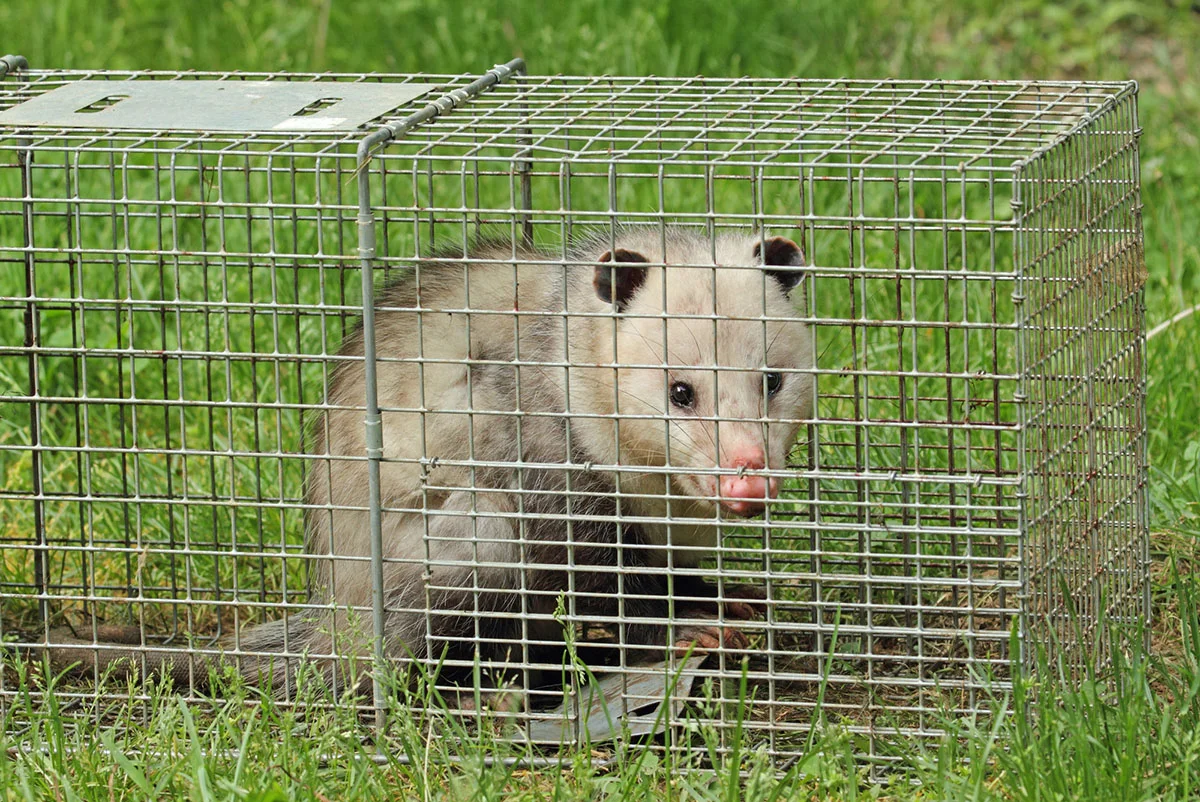
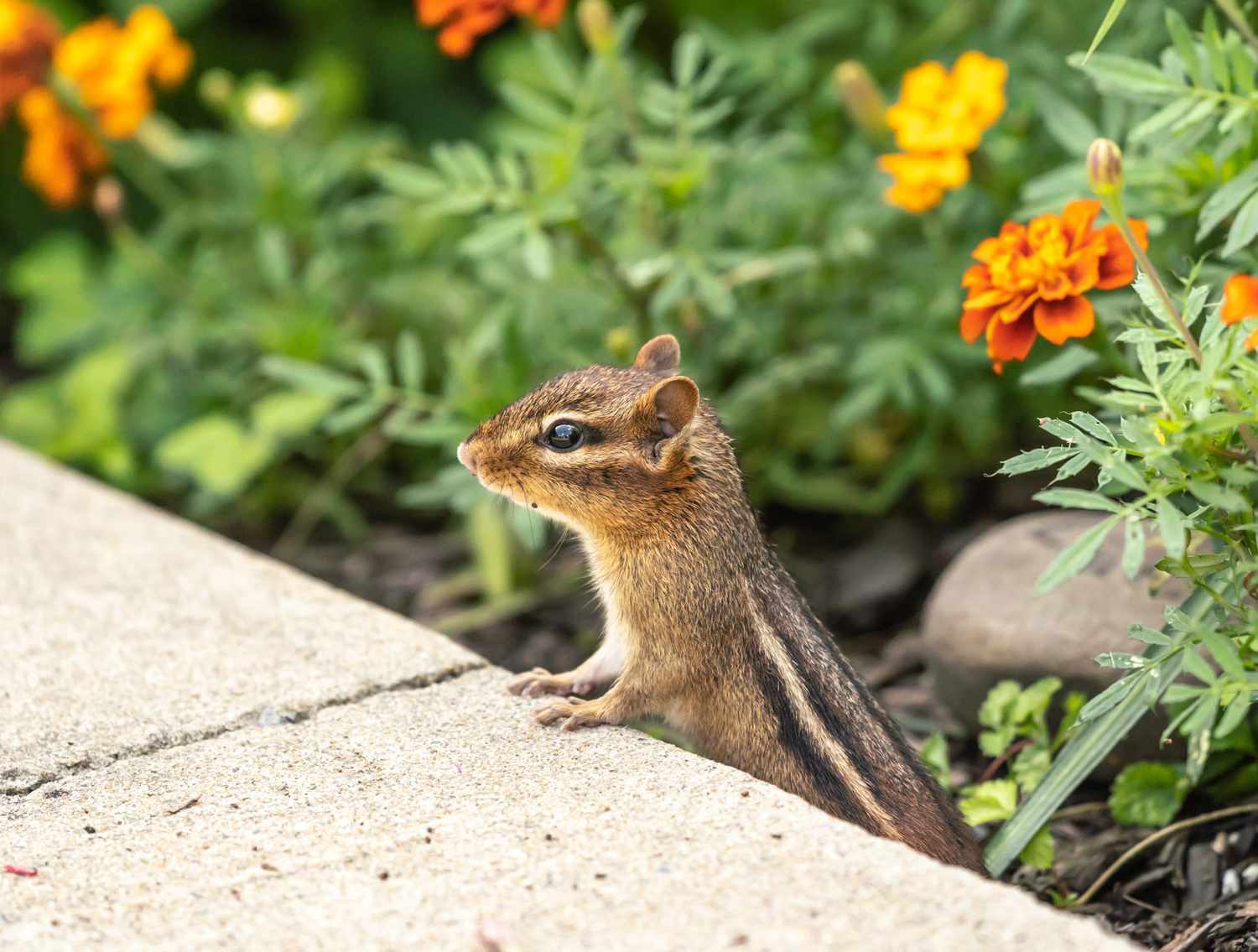
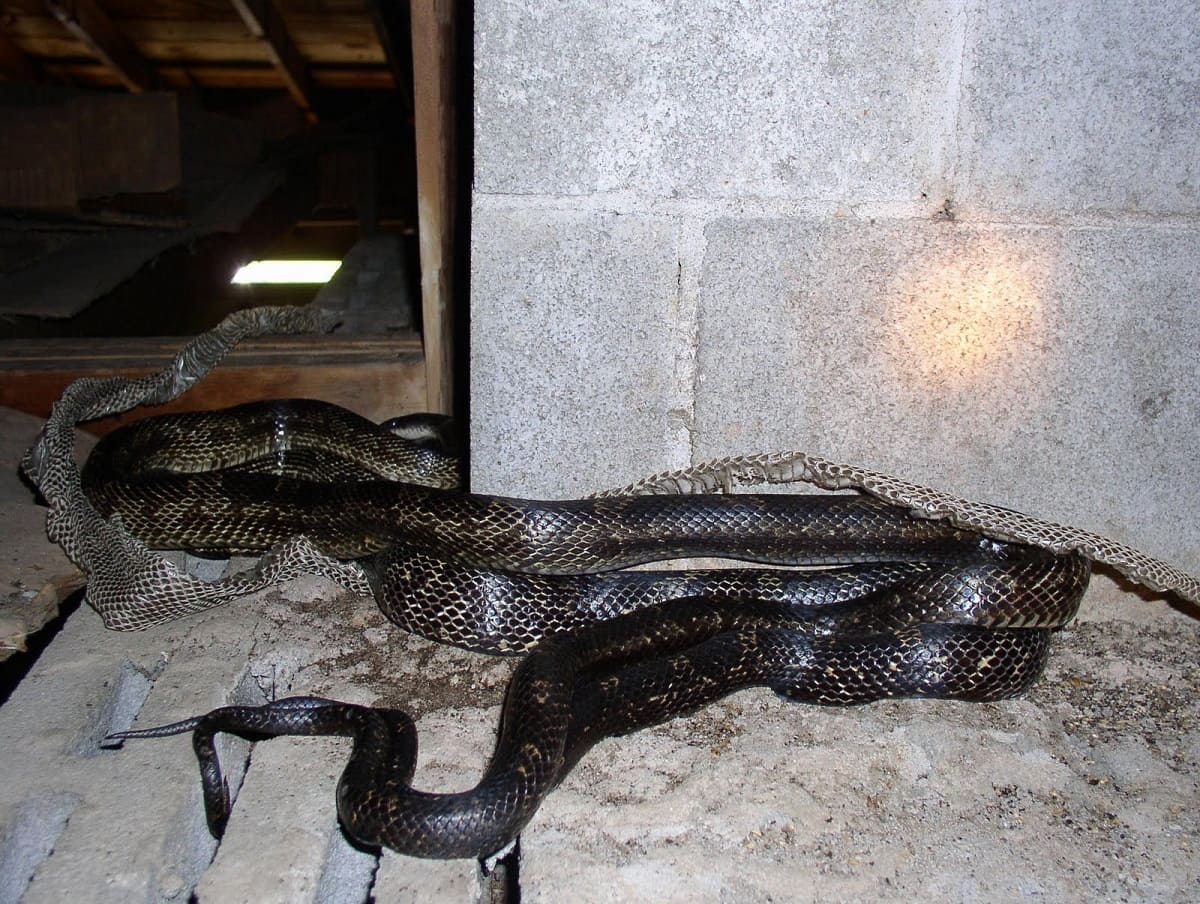

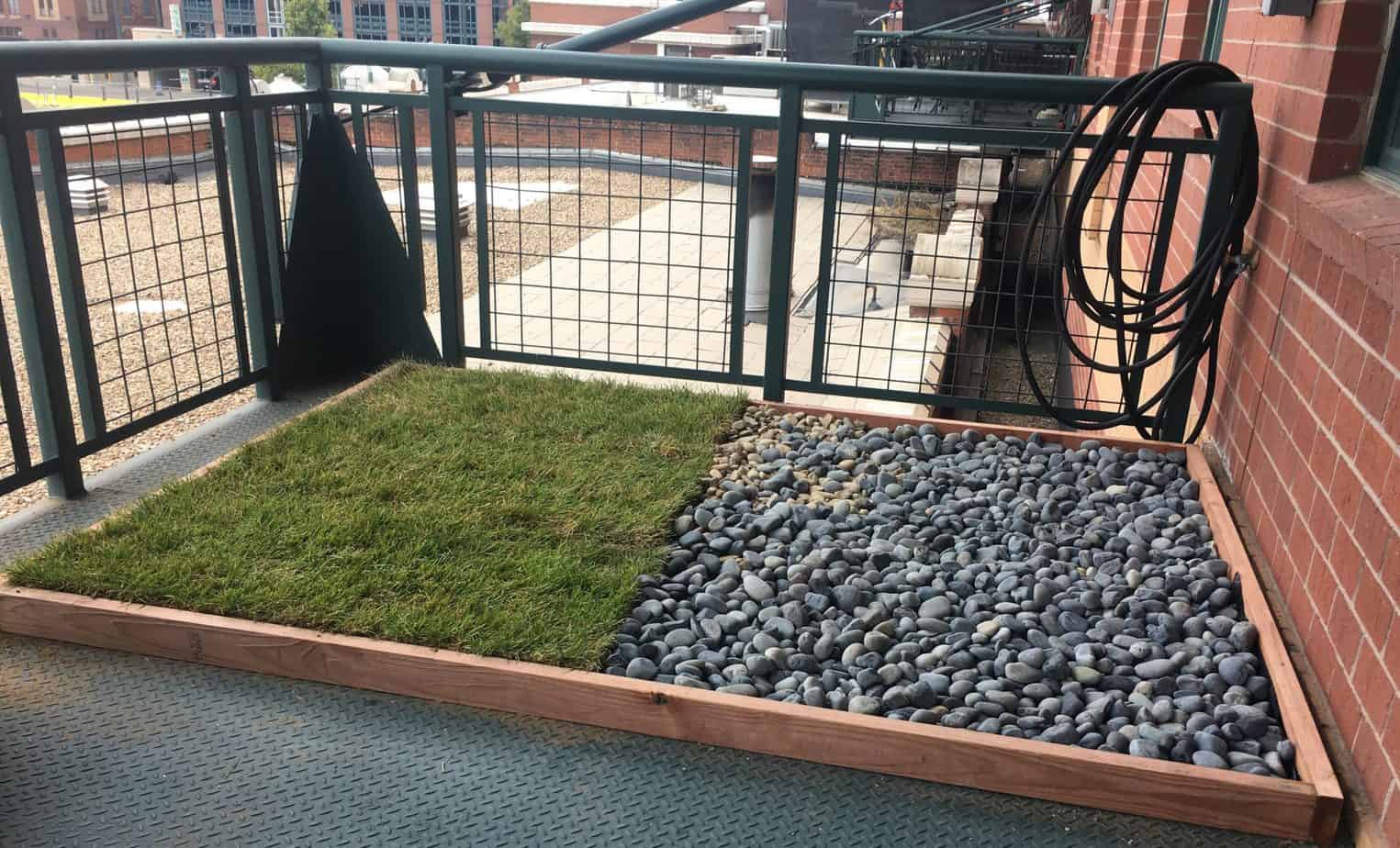
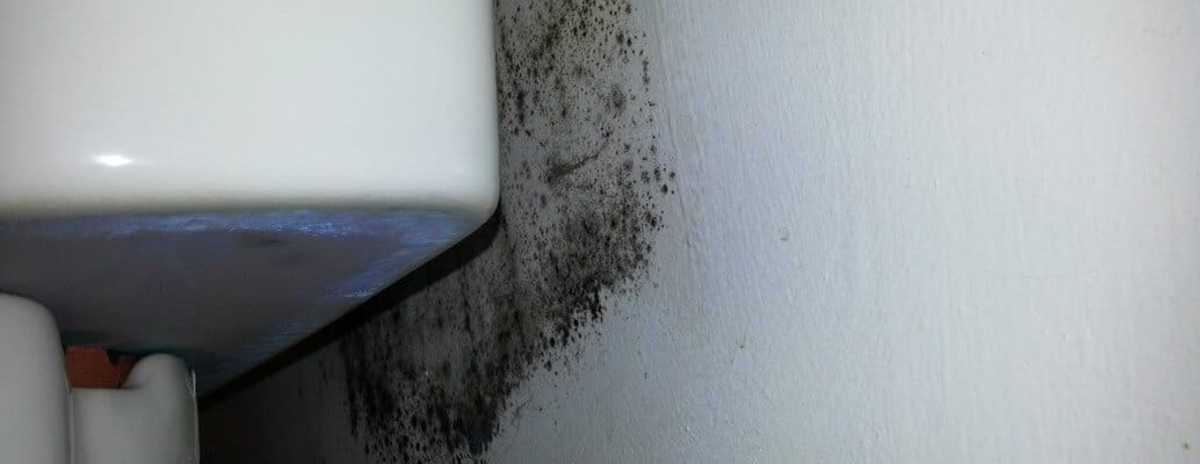

0 thoughts on “How To Get Rid Of Pigeons On Your Balcony”